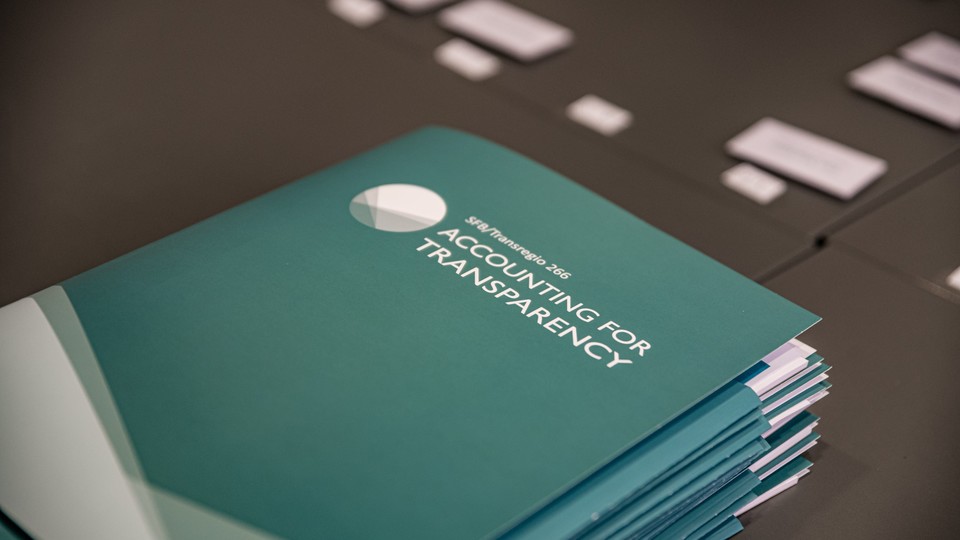GBP Monitor: Crisis Mood Despite Rising Profits – Inadequate Government Assistance Entails Risks for Economy and Society

Since the end of September, the German Business Panel at the University of Mannheim has been asking companies in Germany what changes they expect with regard to sales, profits, and investments. The January 2022 data show that the present wave of the new Omicron variant is having a milder impact than previous waves of infection, not only in terms of disease progression, but also on companies' business situations. Sales and investments have increased significantly compared to the same month last year (by 9.08 and 7.58 percent respectively). In addition, companies now also expect profits to rise again in 2022 (by 1.85 percent on average).
Although, on average, key business figures recovered significantly at the beginning of the year, uncertainty in the market remains high. The proportion of companies that competitors from the same industry estimate will wind down operations within the coming year amounted to 13.3 percent in January. The situation remains particularly serious for businesses that have already been affected by store closures in the wake of the partial lockdown in November and December 2020. Although the expected probability of default in the relevant sectors has decreased compared to December 2021, it still stood at 20.1 percent at the beginning of the year.
Many businesses take a critical view of the pandemic assistance programs for companies provided by the government. In January 2022, more than 28 percent of companies stated that the government’s financial assistance was insufficient to weather the impact of the coronavirus crisis. Another 28 percent were not able to answer this question definitely. “Businesses cannot currently rely on a clear roadmap leading out of the pandemic. Uncertainty caused by health and economic developments, but also by politics, remains high,” summarizes Dr. Davud Rostam-Afschar, academic manager of the GBP.
An in-depth analysis shows that insufficient government aid also has a direct impact on business decisions. Companies indicating they need additional financial assistance from the government are more likely to plan on cutting investments in research and development, reducing fixed costs, and raising prices, compared to companies receiving sufficient government aid. “The companies in question tend to make decisions in favor of immediate liquidity protection, but this is clearly at the expense of the future,” explains Professor Jannis Bischof, who holds the Chair of Business Administration and Accounting of the University of Mannheim and is project manager of the GBP. “They invest less, cut jobs, and raise prices. In the medium term, this may also have consequences for the overall economic development. Politicians should keep this in mind when deciding on how to continue the pandemic assistance programs for companies beyond the summer of 2022.”
Companies in need of further financial assistance are also significantly more dissatisfied with the federal government's commercial policy and anti-coronavirus measures. “Dissatisfaction with the pandemic assistance programs for companies provided by the government thus poses a real threat to the acceptance of the anti-coronavirus measures. This is what our data show. When businesses fear that the financial assistance currently available will not be enough to survive the crisis, they are significantly less likely to consider the restrictions imposed on public life during the wave of the Omicron variant justified,” Bischof adds.
The complete report on company trends in February 2022 (“GBP-Monitor: Unternehmenstrends im Februar 2022”) can be found here: https://www.accounting-for-transparency.de/wp-content/uploads/2022/02/gbp_monitor_2022_02_web.pdf